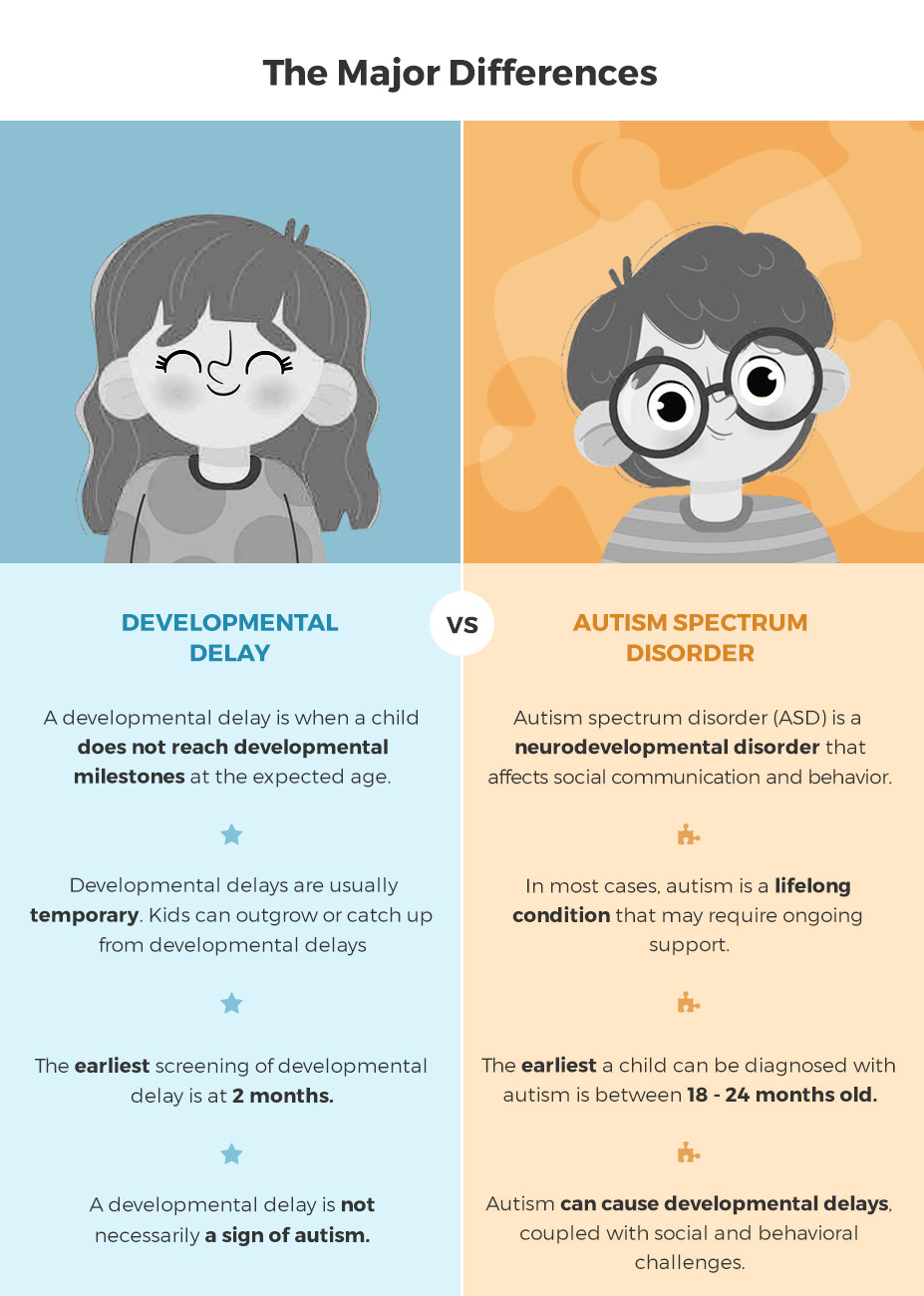Parent-approved list for working with Autism Spectrum Therapies providers
Secret Symptoms And Signs to Recognize in Individuals With Behavioral Autism
When you run into someone with behavior autism, acknowledging vital signs and symptoms is essential. Additionally, sensory sensitivities can lead to frustrating experiences.
Difficulties in Social Communications
When you engage with a person on the autism spectrum, you may notice they deal with social signs and communication. These difficulties can make social communications feel frustrating for them. You may see them avoiding eye contact or standing also close or also far away throughout discussions, which can develop misunderstandings. They could not detect body movement or faces, making it harder for them to assess how others are feeling.
Additionally, you might discover that they like routines and acquainted setups, which can limit their willingness to participate in brand-new social scenarios. When they do involve, they could talk about their interests in wonderful detail without seeing if you're interested. This can result in prejudiced conversations that leave you feeling detached. Understanding these challenges can aid you approach interactions with compassion and patience, fostering a much more comfy environment for both of you.
Trouble With Verbal and Non-Verbal Communication

Non-verbal communication can be much more difficult. You may see an absence of eye get in touch with or minimal usage of gestures, which can make communications really feel uncomfortable. Face expressions may not always align with the conversation, leading to complication concerning their sensations. Identifying these indicators is essential, as it assists you better support and involve with people on the autism range. By recognizing their communication difficulties, you can promote extra significant links and give a much more helpful atmosphere.
Recurring Habits and Routines
Interaction challenges commonly come with other signs of autism, such as recurring actions and a strong preference for routines. You may notice that individuals with autism frequently take part in details, repeated activities, like hand-flapping, shaking, or duplicating expressions. These actions can give convenience and a feeling of control in a frequently frustrating world.
Regimens are similarly vital; many people thrive when they comply with an organized schedule. You may discover that adjustments to these regimens can cause considerable distress. For instance, if they have a daily ritual of consuming breakfast at a certain time or adhering to a certain path to school, any interruption can create anxiety.
Identifying these patterns aids you understand their behavior and give support. By accommodating their demand for routine and permitting repetitive activities, you can produce an extra comfortable environment that relieves their obstacles.
Sensory Sensitivities

Usual Sensory Triggers
Sensory level of sensitivities can considerably influence everyday life for individuals with autism, as specific stimuli frequently cause frustrating responses. Usual sensory triggers consist of loud noises, brilliant lights, and strong smells. Comprehending these triggers can help you manage your atmosphere better.
Behavior Reactions Discussed
Understanding your behavioral feedbacks to sensory level of sensitivities is vital, as they typically disclose just how you interact with the world. You might notice that certain noises, lights, or appearances bewilder you, leading to stress and anxiety or discomfort. When confronted with these stimulations, you may withdraw, cover your ears, or even react strongly. These actions aren't simply peculiarities; they're your method of coping with overstimulation. You may likewise locate on your own looking for certain sensory experiences, like deep stress or peaceful settings, to aid ground on your own. Acknowledging these patterns aids you recognize your demands much better and can guide just how you communicate them to others. By acknowledging your sensory sensitivities, you can work towards developing a setting that feels more comfortable and convenient for you.
Coping Approaches Summary
Recognizing your sensory level of sensitivities is simply the initial action; now it's time to explore coping methods that can help you manage those experiences effectively. Begin by producing a sensory toolkit customized to your requirements. Establishing an organized regimen can additionally give predictability, lowering anxiety around sensory overload.
Limited Interests and Emphasis
While many individuals develop a vast array of interests, those with autism commonly demonstrate limited rate of interests and an intense emphasis on particular subjects. You may discover that a person with autism can spend hours diving into their favorite topic, whether it's a particular sort of train, a details movie, or a scientific idea. This intense focus isn't simply a hobby; it can end up being a central component of their identity and social communications.
You may discover that discussions focus on these interests, and they may struggle to involve in more comprehensive topics. For them, these concentrated interests give comfort and a feeling of proficiency. While it is very important to encourage exploration of brand-new subjects, respecting their enthusiasms is equally important. By comprehending and recognizing these restricted rate of interests, you can foster a helpful setting where they really feel valued and understood, enabling more significant links and communications.
Emotional Policy Problems
Individuals with autism typically encounter difficulties in psychological law, which can be influenced by their extreme focus on certain passions. You may see that when a person is deeply participated in a recommended task, they can experience strong emotions, whether excitement or stress. This strength occasionally makes it hard for them to move gears or manage their sensations when points don't go you could check here as prepared.

Variability in Developing Turning Points
When it involves developing turning points, you'll discover that individuals with autism frequently reveal a vast array of variability. Some may hit landmarks on schedule, while others might lag behind or development at a different pace. As an example, you might see a child stand out in language skills however battle with social helpful site interactions. This variance can be confusing, as typical standards do not constantly use.
It's vital to identify that each person's journey is distinct. Some may develop complicated abilities early, just to face obstacles later. Others could take longer to attain fundamental landmarks but after that flourish in specific locations. Observing these patterns can assist you comprehend their strengths and requires much better.
Frequently Asked Concerns
Just How Is Autism Diagnosed in Children and Grownups?
To diagnose autism in children and grownups, professionals examine actions, communication skills, and social interactions. They usually utilize standardized examinations, interviews, and observations to figure out if an individual satisfies the standards for autism spectrum problem.
Are There Various Kinds Of Autism Range Disorders?
Yes, there are different kinds of autism spectrum disorders, including Asperger's disorder and prevalent developmental disorder-not or else defined. Each type varies in severity and qualities, so understanding these distinctions can aid you better support people with autism.
What Treatments Are Efficient for People With Autism?
When considering efficient treatments for people with autism, you'll find choices like Applied Actions Analysis, speech therapy, and job-related check my site treatment. Each technique can aid enhance interaction, social abilities, and everyday working customized to specific demands.
Can Individuals With Autism Lead Independent Lives?
Yes, individuals with autism can lead independent lives. With the ideal assistance, abilities training, and resources, you can help them develop self-sufficiency, handle everyday tasks, and grow in various environments, promoting their self-reliance.
Exactly How Can Family Members Support Loved Ones With Autism?
You can support your loved ones with autism by creating a structured atmosphere, encouraging their rate of interests, practicing perseverance, promoting communication, and promoting social skills. Celebrate their achievements, regardless of exactly how little, and develop an encouraging area.
Although several people on the autism range can make use of and comprehend language, they often face substantial obstacles with both non-verbal and spoken interaction. Acknowledging these indications is vital, as it assists you better support and engage with people on the autism range. You may observe that individuals with autism typically engage in specific, repetitive actions, like hand-flapping, rocking, or repeating phrases.Sensory level of sensitivities can substantially influence everyday life for individuals with autism, as particular stimulations usually cause frustrating reactions.When it comes to developing turning points, you'll notice that individuals with autism typically show a wide array of variability.